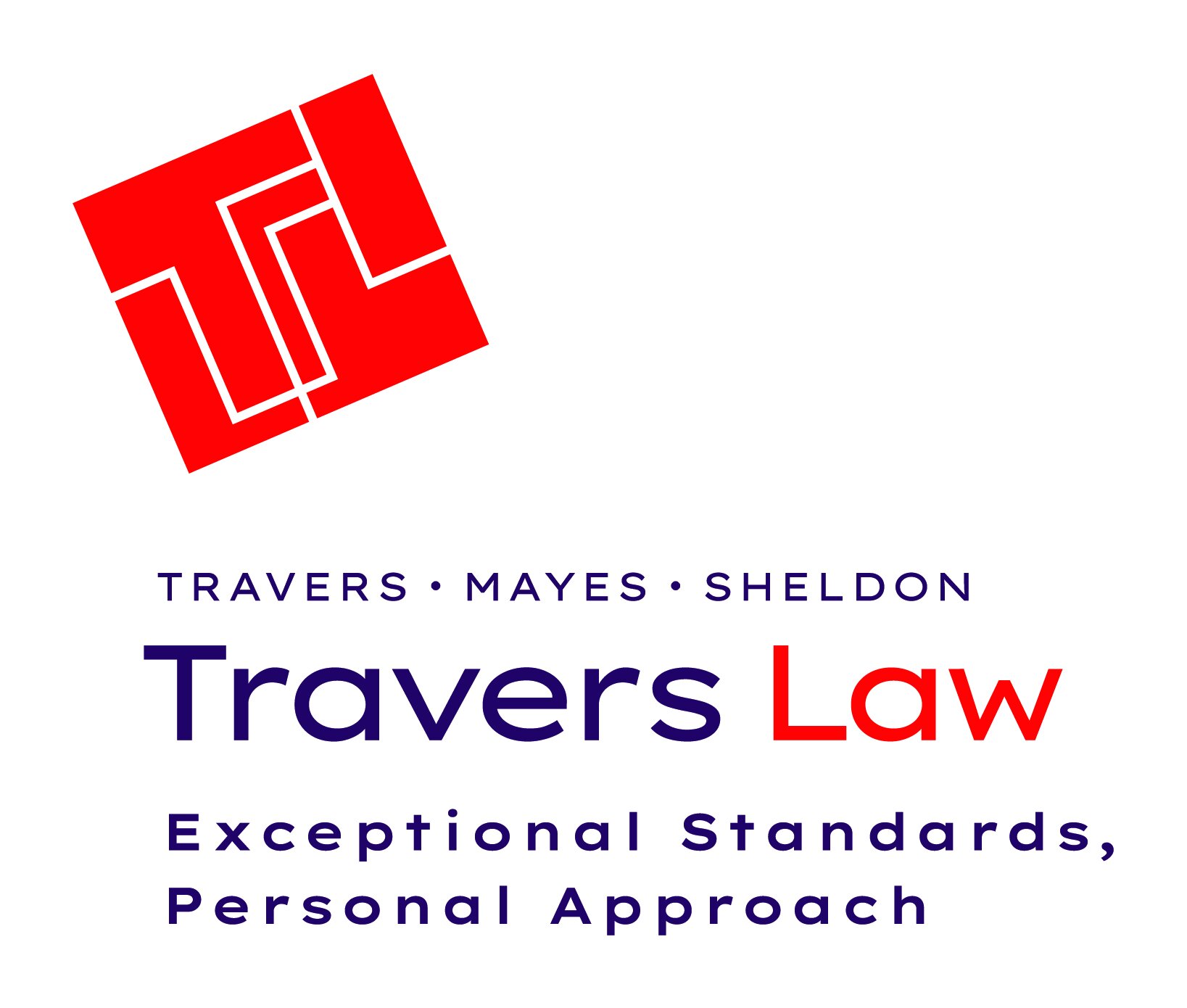Discover how bridge financing could have helped avoid $75,000 in damages in a recent Ontario real estate case involving a breach of contract. Learn about the importance of timely closing and mitigating losses.
The Homeowner Protection Act, 2024: A Guide to NOSI Changes
The Personal Property Security Act (PPSA) outlines rules for security interests in personal property. At law, when personal property is attached to real property, it becomes a "fixture." Under the old PPSA legislative scheme, a Notice of Security Interest (NOSI) would be registered on title to indicate a security interest in a fixture, often when the fixture is leased or under a rent-to-own arrangement. Common examples of rented fixtures include furnaces, air conditioners, water heaters, and water softeners. The government has made changes to the legislation because NOSIs were being registered without the knowledge and consent of the homeowner, and sometimes fraudulently.
ONTARIO PASSES HOMEOWNER PROTECTION ACT, 2024
The Ontario government’s Homeowner Protection Act passed third reading today. Royal Assent is anticipated to happen as quickly as June 7, 2024. The bill amends several pieces of existing key housing legislation and is meant to significantly strengthen protections for homeowners and buyers of new freehold homes. The Homeowner Protection Act, 2024, aims to enhance consumer rights by banning the registration of Notices of Security Interest (NOSIs) for consumer goods on the Land Registry and deeming existing NOSIs for consumer goods to be expired. Additionally, the Act introduces a 10-day cooling-off period for buyers of new freehold homes, offering them greater security and flexibility.
Real Estate Roulette: Lessons from a Costly Breach in New Tecumseth (McKnight v. Morrison, 2019 ONSC 552)
In the fast-paced world of real estate, deals can often go awry, leaving both buyers and sellers scrambling. One such case unfolded in New Tecumseth, Ontario, where an avoidable breach of contract in a cooling real estate market cost one buyer dearly. Here’s a look into the legal drama and the crucial lessons learned.
THE (FINANCIAL) STRUGGLE IS REAL
As you know, this year will be an exciting yet challenging one. We are hopeful that the interest rates will fall and stabilize for home buyers, but we are also approaching that time when many mortgage holders are renewing their mortgage at a substantially higher interest rate than what they started with at the height of the pandemic. Based on a recent Royal LePage survey, 15% of the Ontarians in the survey will be renewing their mortgages this year alone and 74% of these mortgage holders are worried about their mortgage renewals. Not to mention that variable rate holders are already feeling the weight on their shoulders, from interest rates to gas and food prices. Unfortunately, financial struggle and re-organization is inevitable for many.
MESS AROUND AND FIND OUT: RELIEF FROM FORFEITURE IN REAL ESTATE TRANSACTIONS
This appeal emerges from a real estate transaction that hit a financing snag. The Buyers engaged in an agreement to purchase a residential property in Waterloo, Ontario. Unfortunately, the deal fell through as their financing became unattainable within the agreed timeframe. Subsequently, the Sellers sold the property to third parties at a higher price and retaining the buyers' deposit.







